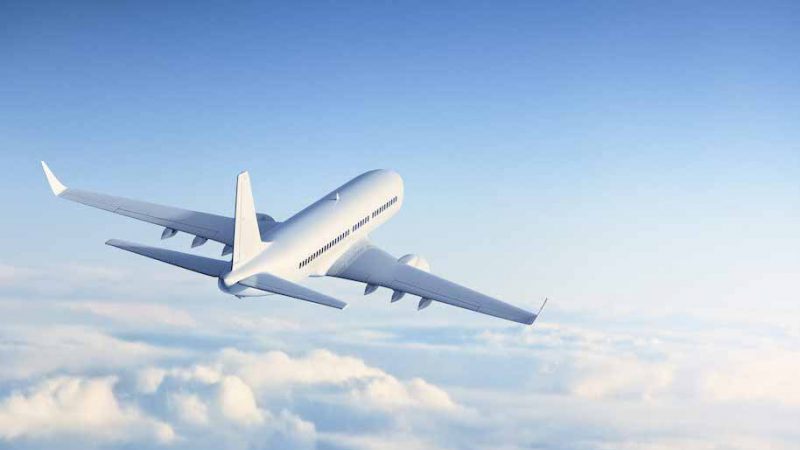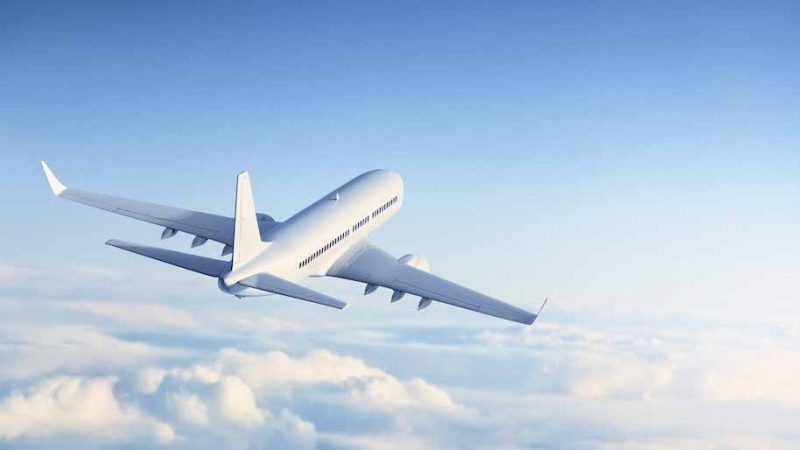USTA Eyeballs Total Impact of Coronavirus on Travel Businesses
Airlines making big asks as U.S. government officials try to get ahead of the grim events
March 18, 2020

A new analysis released Tuesday by the U.S. Travel Association projects that decreased travel due to coronavirus will inflict an $809 billion total hit on the U.S. economy and eliminate 4.6 million travel-related American jobs this year.
The dire impact numbers, prepared for the U.S. Travel Association by Tourism Economics, were presented by U.S. Travel Association President and CEO Roger Dow at a Tuesday White House meeting with government officials and travel leaders.
“The health crisis has rightly occupied the public’s and government’s attention, but a resulting catastrophe for employers and employees is already here and going to get worse,” Dow said Tuesday. “Travel-related businesses employ 15.8 million Americans, and if they can’t afford to keep their lights on, they can’t afford to keep paying their employees. Without aggressive and immediate disaster relief steps, the recovery phase is going to be much longer and more difficult, and the lower rungs of the economic ladder are going to feel the worst of it.”
Dow noted that 83% of travel employers are small businesses.
Other notable findings in the travel impact analysis:
• Total spending on travel in the U.S.— transportation, lodging, retail, attractions and restaurants—is projected to plunge by $355 billion for the year, or 31%. That is more than six times the impact of 9/11.
• The estimated losses by the travel industry alone are severe enough to push the U.S. into a protracted recession—expected to last at least three quarters, with Q2 2020 being the low point.
• The projected 4.6 million travel-related jobs lost would, by themselves, nearly double the U.S. unemployment rate (3.5% to 6.3%).
“This situation is completely without precedent,” Dow said. “For the sake of the economy’s long-term health, employers and employees need relief now from this disaster that was created by circumstances completely out of their control.”
At the Tuesday White House meeting, Dow urged the administration to consider $150 billion in overall relief for the broader travel sector. Among the suggested mechanisms:
• Establish a Travel Workforce Stabilization Fund
• Provide an Emergency Liquidity Facility for travel businesses
• Optimize and modify SBA loan programs to support small businesses and their employees.
Click here to read the full economic impact report.
Meanwhile, the airline industry and hotel industry are looking for a lift from Congress as various bail out packages come up for discussion. U.S. airlines are requesting an aid package from the federal government that could amount to about $50 billion, according to industry group Airlines for America, although other higher amounts have been bandied about.
“US carriers are in need of immediate assistance as the current economic environment is simply not sustainable,” the group said in a release. “This is compounded by the fact that the crisis does not appear to have an end in sight.”
Pleas from the three biggest global airline alliances, oneworld, SkyTeam and Star Alliance, this week are also looking for governments around the world to pitch in to assist the industry.
Most of America’s major airlines are foreseeing the possibility of running out of cash starting in early summer without the needed assistance, according to Airlines for America. And then there are the cascades that come from credit card holds on airline purchases as banks step into protect assets from failing airline companies.
Critics blame airline companies for raising fees on passengers while spending the mounting revenues on buying back stocks, now falling with recent stock market dives.
Meanwhile, airlines are cutting capacity, laying off workers and bracing for some big hits.
In a letter to the airline’s 100,000 employees late Sunday, United Airlines President Scott Kirby and CEO Oscar Munoz projected revenue for March “will be $1.5 billion lower than last March,” and “The bad news is that it’s getting worse.”
“Since late January,” the communication continued, “we have taken steps to aggressively manage this crisis and to keep you informed every step of the way – sharply reducing schedules, imposing a hiring freeze, introducing a voluntary leave program, dramatically reducing discretionary spending, cutting CEO base salary 100% and deferring a salary increase. Our competitors have started to follow suit: on Friday, Delta announced a 40% schedule reduction and a 100% salary cut for their CEO and over the weekend, American said it will reduce its international capacity by 75%.
“We took early, aggressive action because we have been determined to do everything possible to avoid painful steps that affect your paycheck. But, based on the severity of the situation, that no longer appears realistic.
“This weekend, we began conversations with our union leadership about how to reduce our payroll expense in a way that minimizes what we know will be painful for all of us. Earlier this evening, we convened a call with Corporate Officers to update them on the severity of the situation and let them know we will be cutting their salary by 50%.
“Let us be clear: these are not the only next steps. Tomorrow, we will announce an approximately 50% cut in capacity for April and May. We also now expect these deep cuts to extend into the summer travel period. Even with those cuts, we’re expecting load factors to drop into the 20-30% range — and that’s if things don’t get worse.”
In contrast with the $50 billion asks floating in the White House and around Congress, US airlines received a $15 billion bailout in the form of $5 billion in cash and $10 billion in loan guarantees after the 9/11 terrorist attack.




